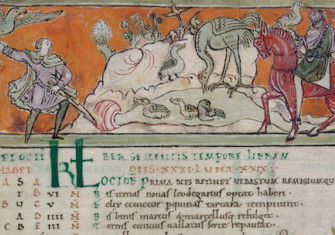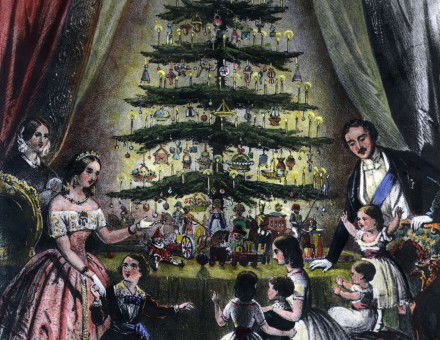
Wynflæd’s Will
Often lost behind stories of kings, queens, bishops and saints, what was life like for an Anglo-Saxon woman below the upper ranks of society?
Compared with the spectacle of the great and glamorous manuscripts that came out of Anglo-Saxon England, a small, stained sheet of parchment is easily passed over. But one is of unique importance. It is the earliest surviving woman’s will in British history; a document that, for the first time, opens us a window on the life of an Anglo-Saxon woman below the ranks of royalty.
In the 940s, a Dorset woman called Wynflæd perhaps sat down with her local priest and drew up her will. In it, she divided her possessions between her children and grandchildren, friends and servants.







